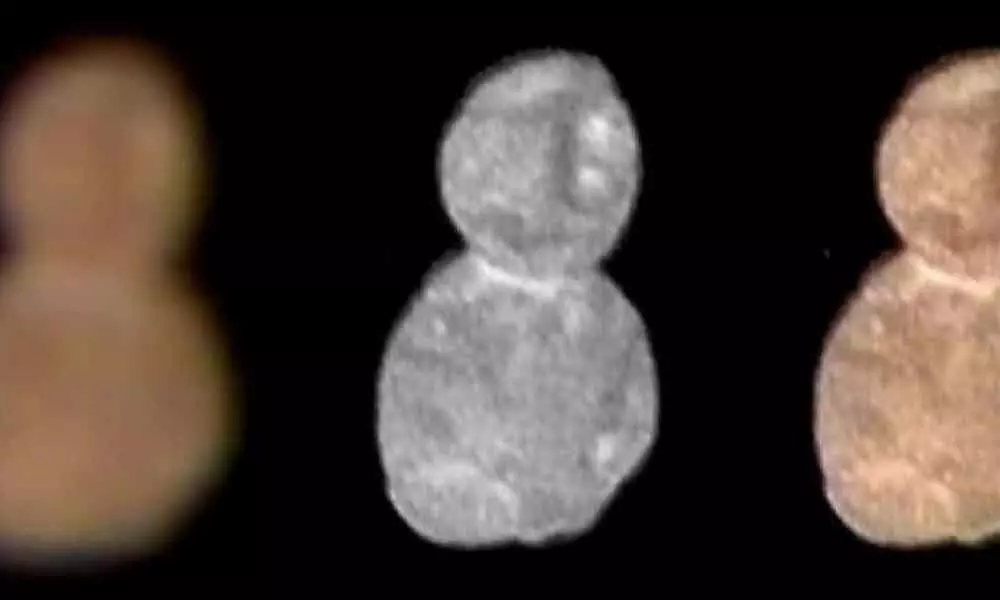Live
- Tata Motors advances green mobility, begins delivery of LNG-powered trucks to Clean Green Fuel and Logistics Pvt. Ltd
- German National Tourist Board intensifies activities on the Indian market #NextStepsAsia
- Tata Motors to empower customers in Vijayawada to unlock greater business profitability at Desh Ka Truck Utsav
- Brand Ambassador Akkineni Nagarjuna inaugurates Kalyan Jewellers’ showroom in Anantapur ahead of Deepavali
- Toyota Kirloskar Motor Introduces Limited Festival Edition of Toyota Rumion
- Calcutta High Court stays suspension of 51 RG Kar doctors accused of ‘threat culture’
- Kerala govt appeals against HC order of taking over six churches
- Jharkhand polls: CPI breaks away from INDIA Bloc; to contest 15 seats solo
- MLA Sriganesh visits Mutyalamma temple, inspects repair works
- Kadapa Municipal Commissioner Inspects Key Areas to Improve Sanitation and Infrastructure









